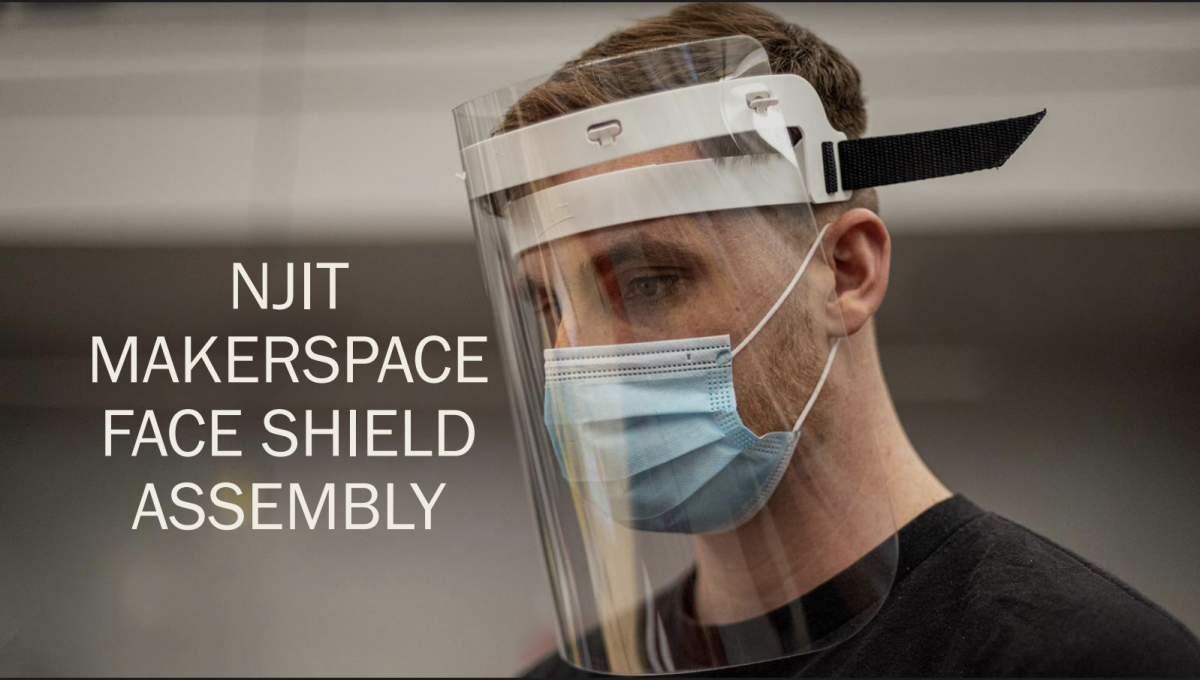The “Dark Net” is a series of nefarious websites that are impossible to access from the normal web. Dark Net is usually hidden behind a firewall or some sort of anonymous network, such as Tor. Tor is a network which works by bouncing traffic between many nodes, ensuring that no data that you are trying to access can be traced back to you. This network, which was created by the U.S. Navy, ironically, is used by several different types of people, from human rights activists trying to evade capture, to drug dealers and hitmen selling their services online.
In addition to supplying anonymity to people, Tor also has “hidden services” which are sites that can only be accessed through Tor. Because of this, it is very hard for organizations like the FBI to track down people who visit or run these sites, enabling sites like the Silk Road to exist. The Silk Road was a site dealing drugs online, like an Amazon for drugs. It did $1.2 billion worth of business between 2011 and 2013, making it the largest online drug site at the time.
The Silk Road is run by a man codenamed “Dread Pirate Roberts”, which, like in the movie The Princess Bride, is believed to be a role passed down among trusted friends. On October 2, 2013 the FBI was able to track down and arrest Ross William Ulbricht, who allegedly ran the Silk Road under the name “Dread Pirate Roberts”.
Taking this site down was no trivial process. In the end, the FBI was unable to use technological resources to crack the encryption and anonymity that Ulbricht used to run the site. Eventually, the FBI got Ulbricht using sound detective work, going to the source and uncovering his sloppy mistakes. They searched for the first mention of the Silk Road, and were able to connect that to Ulbricht. Once they found him, they were able to find more evidence, such as his StackOverflow account with questions posted about connecting PHP code to a Tor hidden service, and through spies in a hitman network they were able to trace Ulbricht back to a hitman request. Using this data, they tracked Ulbricht to the San Francisco Public Library. They waited just long enough for him to open his laptop and enter his passwords, then arrested him. The FBI was then able to locate the Silk Road servers and take down the site. When Ulbricht’s roommates were questioned, the FBI found that they knew nothing of his site, saying that “Josh”, as they knew him, was “always at home in his room on his computer”.
Although the Silk Road was taken down, the Silk Road 2.0 has already started up, showing the adaptability of Dark Net and of the Internet in general. This new site is also run by a person codenamed “Dread Pirate Roberts” and is suspected to be a moderator of the last Silk Road. The new site openly mocks the government, posting the same message the FBI displayed to take down the site, except with the words “has risen again” in place of “has been seized”. The only really notable difference between the Silk Road 2.0 is that it allows for PGP encryption when logging in, further increasing the security of a site that was already incredibly
difficult for the FBI to crack with the mistakes the previous Dread Pirate Roberts made.
Even though Tor was originally created by the U.S. Navy, Tor is an open source project and has been taken over by the open source community. The decentralized nature of Tor means that no one person can control it, which is why the FBI was unable to track down Ulbricht through technological means. Although Tor can be used for criminal activities like drugs, prostitution, and hitmen, it is also frequently used by civil rights activists. Oppressive governments have the same trouble trying to silence activists on Tor as the FBI had trying to shut down the Silk Road. Tor, like many other technologies, is a double edged sword. Technology by itself is not right or wrong, it’s how people use it that determines its purpose.































